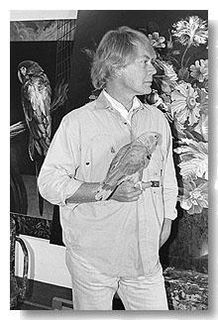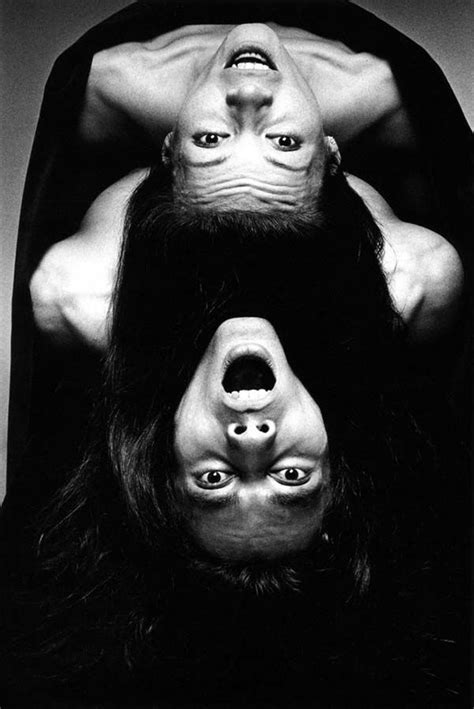A Quote by Garth Stein
That which is around me does not affect my mood; my mood affects that which is around me.
Related Quotes
My idea of a perfect surrealist painting is one in which every detail is perfectly realistic, yet filled with a surrealistic, dreamlike mood. And the viewer himself can't understand why that mood exists, because there are no dripping watches or grotesque shapes as reference points. That is what I'm after: that mood which is apart from everyday life, the type of mood that one experiences at very special moments.
All aspects of photography interest me and I feel for the female body the same curiosity and the same love as for a landscape, a face or anything else which interests me. In any case, the nude is a form of landscape. There are no reasons for my photographs, nor any rules; all depends on the mood of the moment, on the mood of the model.
My mood has changed now. And the sun has gone behind the clouds. I'm in this mood I feel occasionally... this mood where there's a very good friend nearby who I should be phoning. If only I could reach that friend and talk, then everything would be just fine. The dilemma is, of course, I just don't know who that friend is. But in my heart I know my mood is merely me feeling disconnected from my true inner self.
I don't always know what's going to go on in terms of the mood of the story. Sometimes I start with the mood, but sometimes I just try to work toward discovering it. But I do think often there's a mood or unsettling quality, in which the reality of the world seems to be taken away, that I really love, and it's something that I almost always unconsciously move toward.
Mood evidently affects the operation of System 1: when we are uncomfortable and unhappy, we lose touch with our intuition. These findings add to the growing evidence that good mood, intuition, creativity, gullibility, and increased reliance on System 1 form a cluster. At the other pole, sadness, vigilance, suspicion, an analytic approach, and increased effort also go together. A happy mood loosens the control of System 2 over performance: when in a good mood, people become more intuitive and more creative but also less vigilant and more prone to logical errors.



































